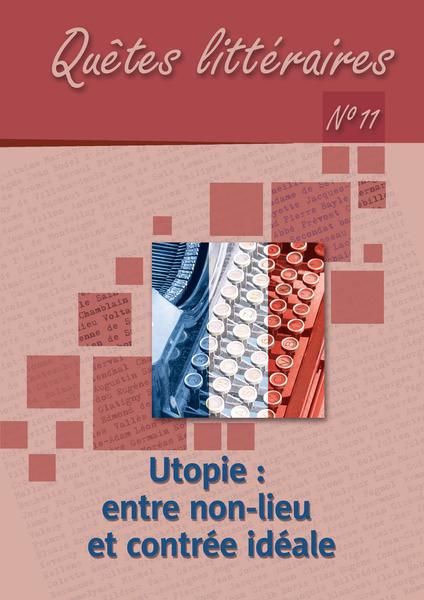L’écriture dystopique boudjedrienne à l’aune de la théorie postcoloniale
Boudjedra's dystopian writing in the light of postcolonial theory
Author(s): Loubna AchhebSubject(s): Politics / Political Sciences, Language and Literature Studies, Literary Texts, Studies of Literature, Governance, Comparative Study of Literature, French Literature, Politics and society, Theory of Literature
Published by: Katolicki Uniwersytet Lubelski Jana Pawła II, Instytut Filologii Romańskiej & Wydawnictwo Werset
Keywords: Rachid Boudjedra;dystopia;postcolonial theory;fantastic;intertextuality;center – periphery;
Summary/Abstract: This article examines the relationship between Rachid Boudjedra's dystopian writing and postcolonial theory exploited in his novel L’Escargot entêté ("Stubborn snail”). This particular work represents postcolonial Algerian literature and therefore stands as an emblem of hybrid aesthetics. The hybridity employed by the author - which is nothing but a utopian concept of postcolonial theory - ends up shattered in the text, thereby generating a dystopian work. To achieve this effect, the writer mixes realistic and fantastic genres, only to create a split between them, to perpetuate the image of dystopia. He uses misinformation to form cracks in the novel's intertextuality, imploding the hybridity of the writing from within. Finally, he tries to liberate Algerian literature, to separate it from French literature, creating a breach between "the periphery" and "the center".
Journal: Quêtes littéraires
- Issue Year: 2021
- Issue No: 11
- Page Range: 196-205
- Page Count: 10
- Language: French

